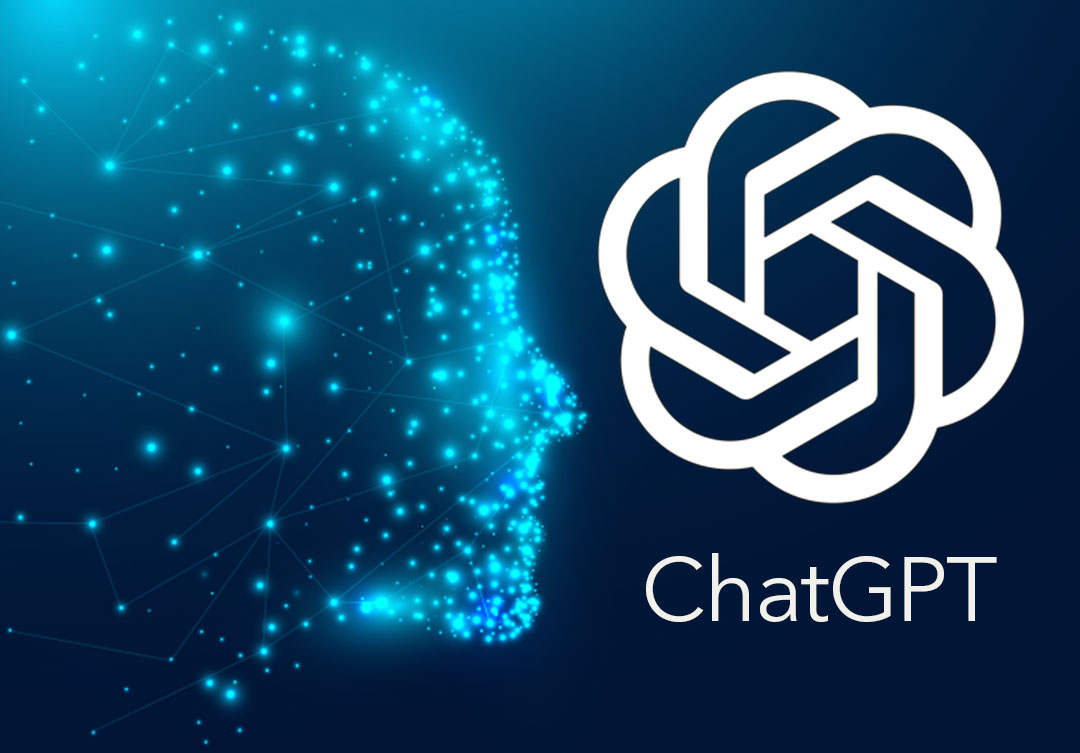ChatGPT, developed by the OpenAI company known for its work and research in the field of artificial intelligence, has been popularly spoken about and used in the world lately. ChatGPT is an artificial intelligence chatbot, first released on November 30, 2022. It processes the inputs in different fields, organizes the answers according to the demands of the users, prepares them dynamic and interesting way and presents them to the user. This artificial intelligence product, which also serves in Turkish, is developed with both supervised and reinforcement learning methods. There is a demand for support and shaping the future of the OpenAI Company and their products, with investments in Microsoft that have not been shared lately but can bedescribed as billion-dollar investments. Microsoft supports OpenAI both financially and with the Azure Super computers they have.
ChatGPT creates sentences by analyzing the words and sentence patterns in the conversations and selecting the necessary data from a rich text repository. In this way, it can produce natural written answers and long texts as if talking to a human. To achieve all these, it uses the deep learning GPT-3 language model. To prevent information from artificial intelligence that will harm the users or information that will mislead artificial intelligence, information such as e- mail, telephone and purpose of the use is requested in the membership system.
It has several different functions such as answering questions, solving math equations, writing text, debugging and fixing code, translating between languages, creating text summaries, making suggestions and classifying things. In other words, it has a wide variety of functions that have the potential to simplify daily life for many people. As a result of these functions, thoughts such as “Will it be able to replace Google?” or “Will it be able to eliminate Google?” come to the fore. Considering the current situation, it seems unlikely that ChatGPT or a similar chatbot will replace Google or other search engines. Because chatbots create answers based on information uploaded during the development process. Search engines, on the other hand, search the entire internet. On the other hand, search engines offer access to information using advanced algorithms and high-capacity servers. However, ChatGPT operates within the constraints provided by its production team.
ChatGPT is remarkably useful for its offerings and capabilities, but it also has its own problems, limitations, and a few considerations. First of all, since the information sent and given to ChatGPT is used as vehicle training data, this data you share can be viewed and used by OpenAI developers. Sometimes the data you get from ChatGPT may seem unique and well thought out, but it is not always 100% original content. For this reason, it seems more appropriate to consider the texts that you have received and will use as source texts. Other problematic aspects are;
- It may provide reasonable-sounding but inaccurate information.
From time to time, it can provide users with content that sounds reasonable, but whose accuracy is not certain, and which is missing from the search database or created by filling in some way. - It is sensitive to minor changes related to data entry.
Minor changes in the requested data or repeating the same request repeatedly may produce different results. - Not asking clarifying questions.
It creates ambiguous answers in the face of vague inquiries from users. Instead, it needs to make arrangements with explanatory questions. - Responds to inappropriate or harmful requests.
Although the model usually does not respond to inappropriate or harmful requests, it sometimes gets confused and informs users about these issues.
ChatGPT is currently available with a free model and a premium model for $42 per month.
With developing technologies and increasingly innovative ideas, our world is reaching a completely different dimension day by day. While printing texts, drawing pictures, creating videos and producing content with artificial intelligence are gradually taking place, maybe artificial intelligence will accompany us in all of our homes in the next 10 years.
Share:
Son Yazılar

Healthy Growth: Why Organizations Sl ...
Companies want to grow. More market share, higher revenues, larger organiza ...

Sustainable Leadership: Power Built ...
Today, the concept of sustainability sits at the center of almost every str ...

Why Do Managers Struggle with Genera ...
A reality long felt in the business world is this: there is a natural diffe ...

Leadership
Support, love, and trust received in childhood nurture self-confidence, cou ...

Generation Z: Not Just a Mirror, but ...
One of the most frequent complaints in today’s business world is: “Young em ...
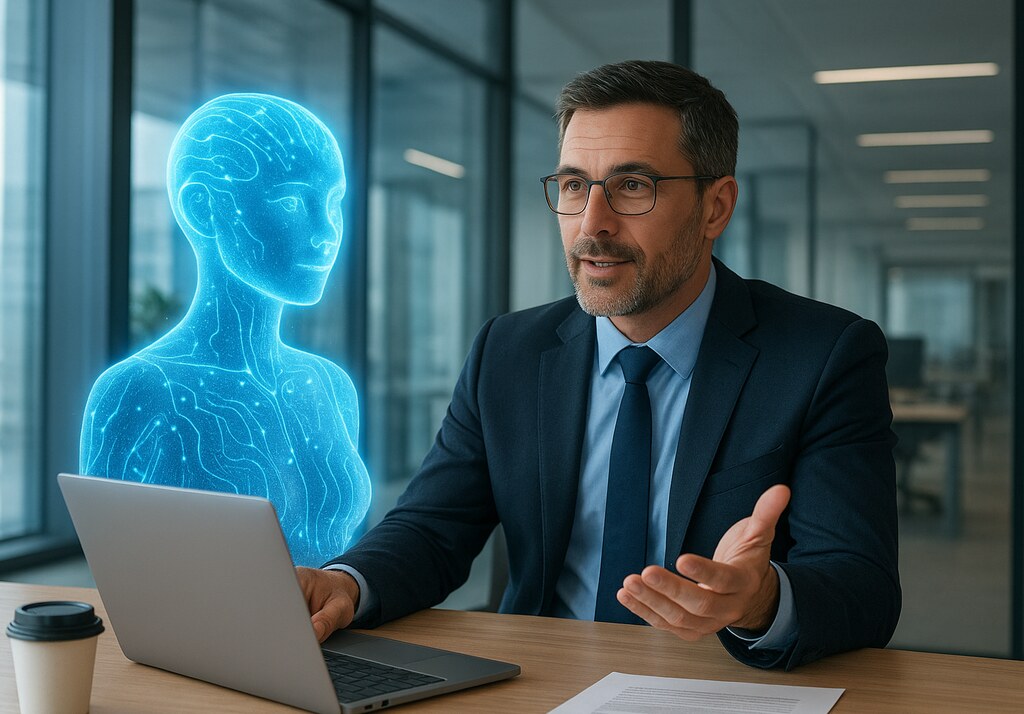
A New Era in Business with Artificia ...
The Industrial Revolution began with steam. Then came electricity, computer ...

The New Face of Entrepreneurship: Wo ...
The new generation of entrepreneurship is no longer solely profit-driven; i ...

Understood Employees Contribute and ...
In the corporate world, we often hear statements like: “They’re talented, b ...

The Silent Power of Corporate Succes ...
In today's business world, organizations operate in an environment shaped b ...

Customer Relations and Training in B ...
Bancassurance, a business model in which banks market insurance products to ...
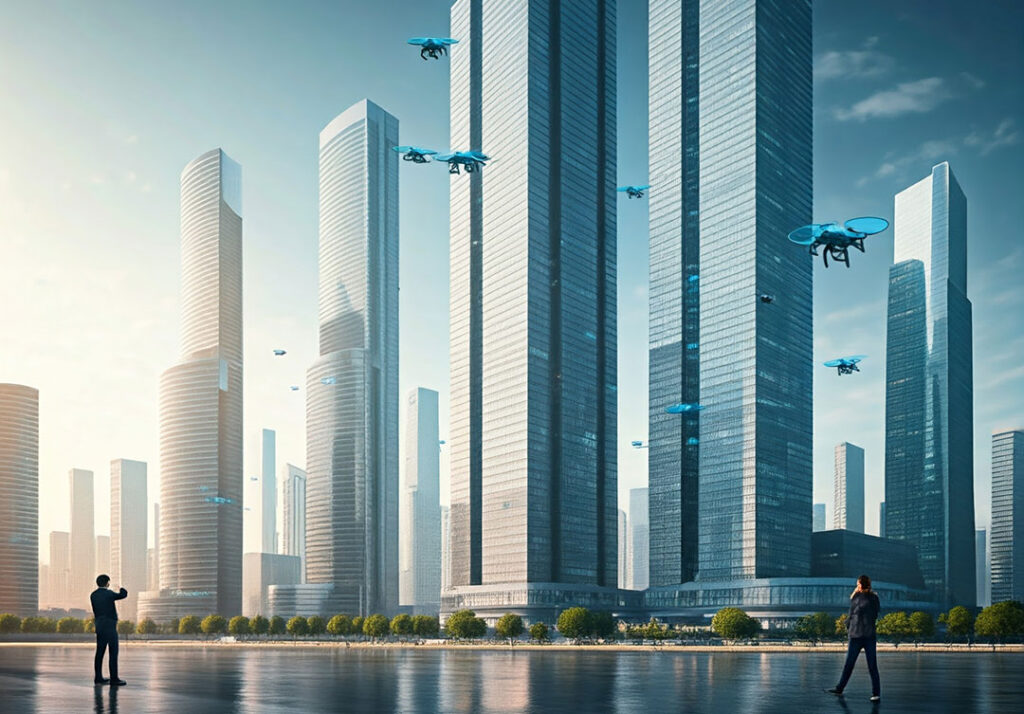
What Awaits the Business World? A St ...
Digitalization is no longer just a technological trend but a necessity for ...

Digital Transformation in Conflict M ...
Conflict is a reality we encounter in all aspects of life. Whether at home, ...
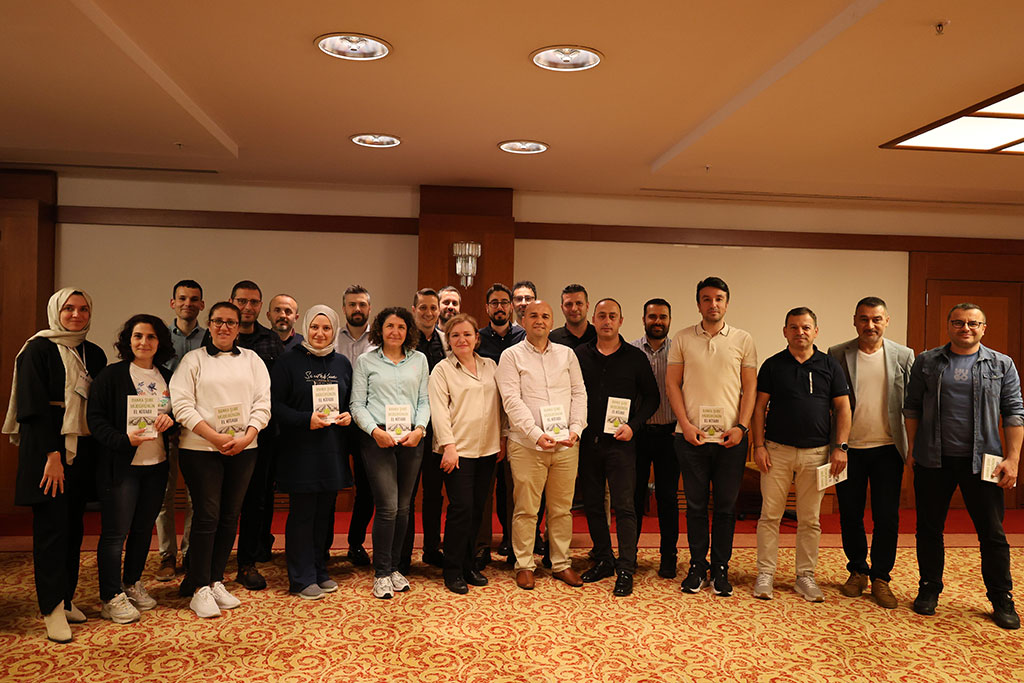
Neova Sigorta Leadership Certificate ...
Neova Sigorta Leadership Certificate Program from a Coaching Perspective ha ...
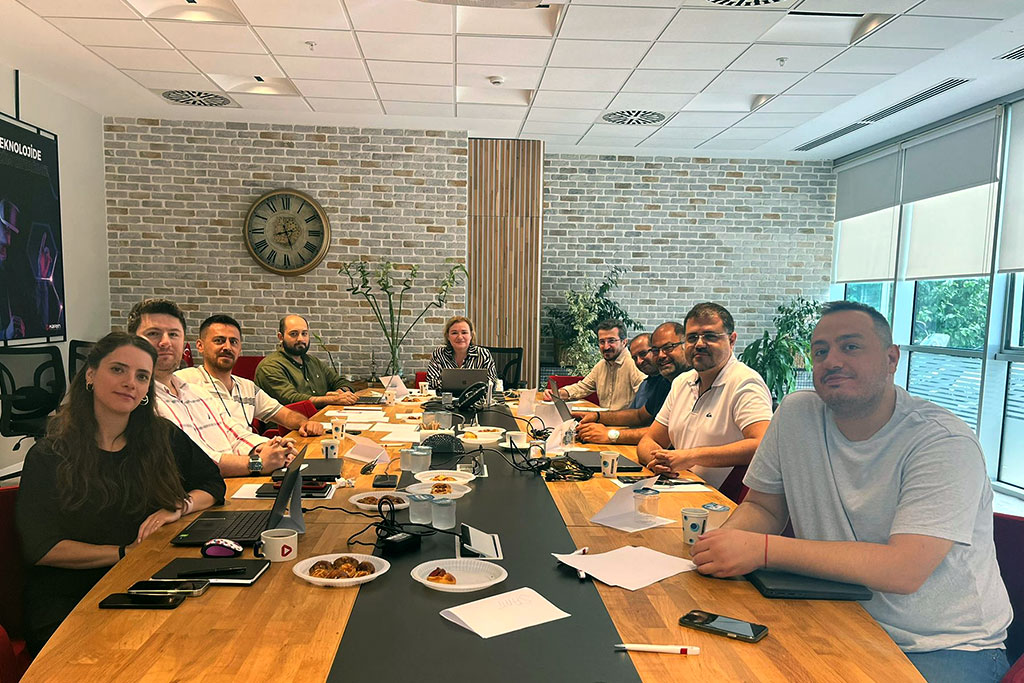
We have completed our Kafein Technol ...
We have completed our Kafein Technology Strategic Leadership Training.

We completed our training at the Ist ...
We completed our training at the Istanbul City Council "The Budget is Yours ...

The Road to Success: Market Dynamics ...
In today’s rapidly changing market conditions, the importance of management ...
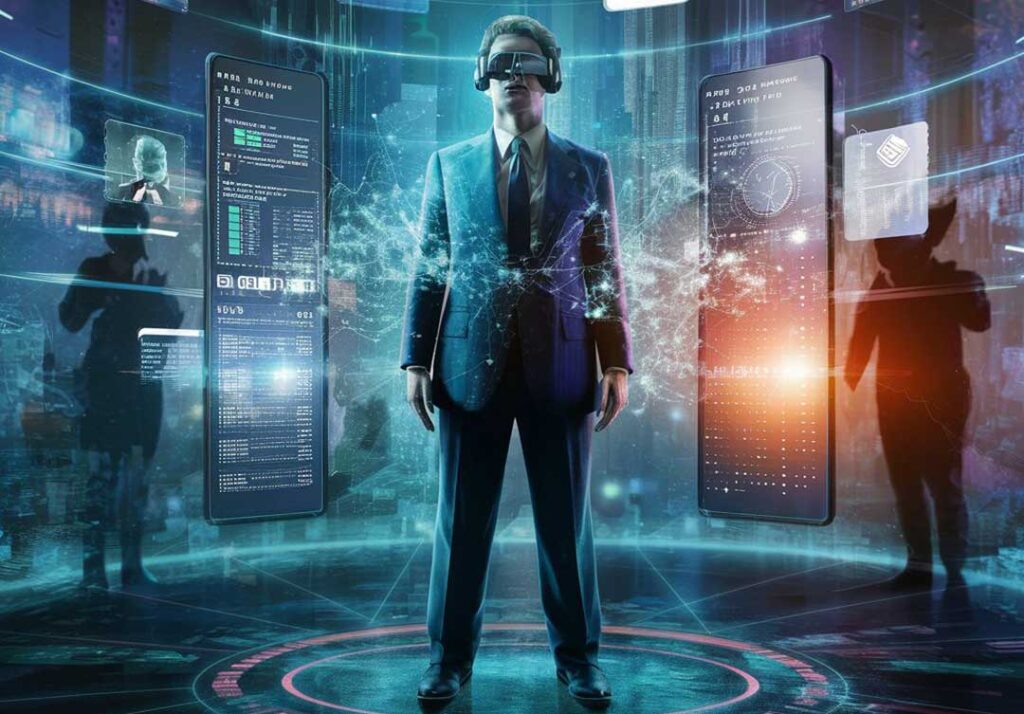
Leadership in the Digital Age: A New ...
Leadership in the digital age requires embracing continuous learning, innov ...

Mastering Risk Management
Mastering risk management is not merely an option for businesses but a nece ...

International Banking in Germany: A ...
Germany, with its strong industrial structure, high-technology products, an ...
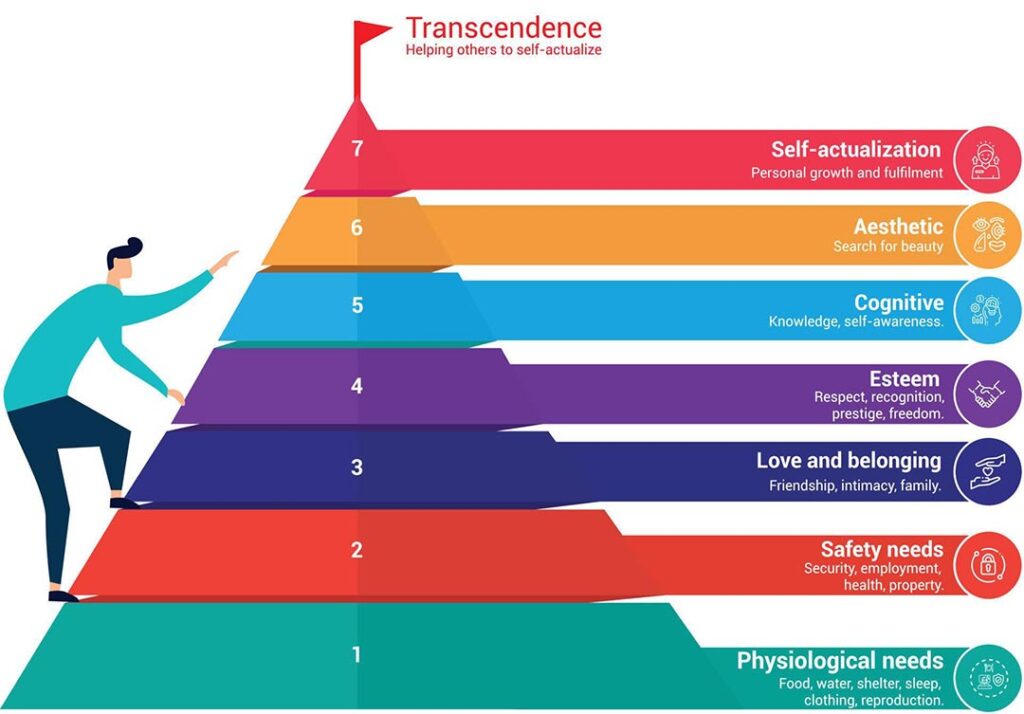
Leadership and Maslow's Hierarchy of ...
Abraham Maslow's hierarchy of needs is a fundamental psychological theory u ...

Leadership and Sustainability of Org ...
Today's business world is characterized by continuous change, technological ...

The Importance of Coaching Skills f ...
The Importance of Coaching Skills for LeadersCoaching skills are essenti ...

Fintech in Turkey: The Rise of Finan ...
Fintech in Turkey: The Rise of Financial Technology

Bancassurance
Bancassurance is a business model that is among the financial services offe ...

Banking and Frankfurt
When the banking and finance sector in Europe is analyzed, it is seen that ...

Digital Banking and Germany
Digital banking is a banking service where customers can do their banking o ...

Banking in Germany
Euro used since 2002 in The Eurozone, the currency of 19 EU members. There ...
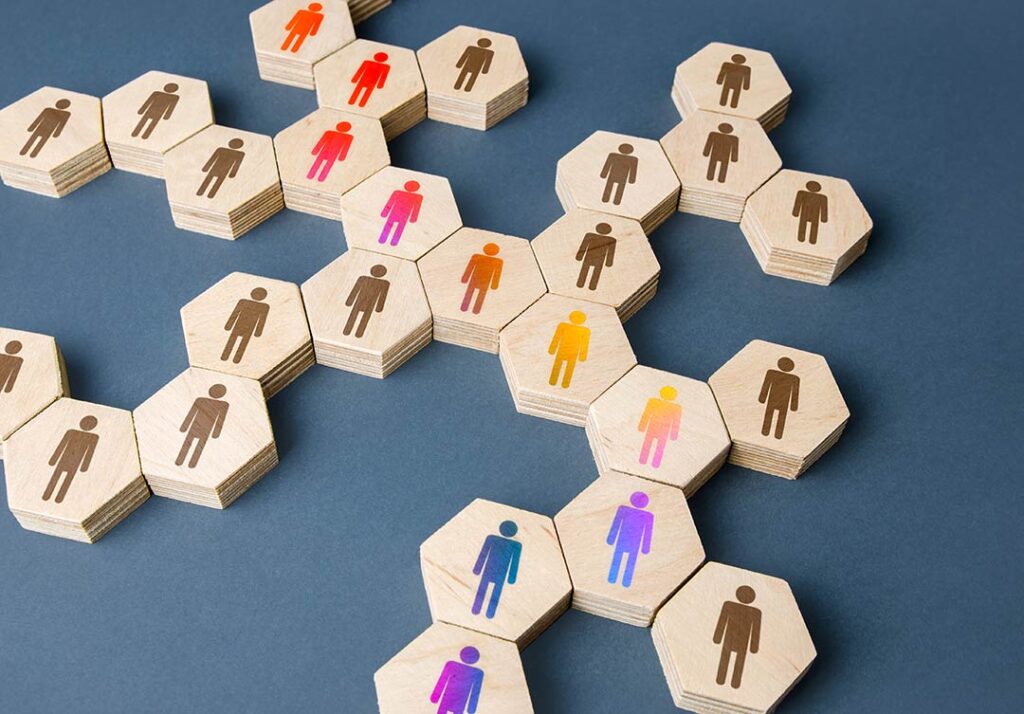
Strategic Communication
Strategic communication plays a critical role in the success of an organiza ...

Importance of Supply Chain
The supply chain is a critical factor in which a company manages the flow o ...

Key to Success: Going Digital
Digital transformation is a transformation process that aims to increase th ...

Welfare
Poverty and inequality are one of the biggest challenges the current societ ...
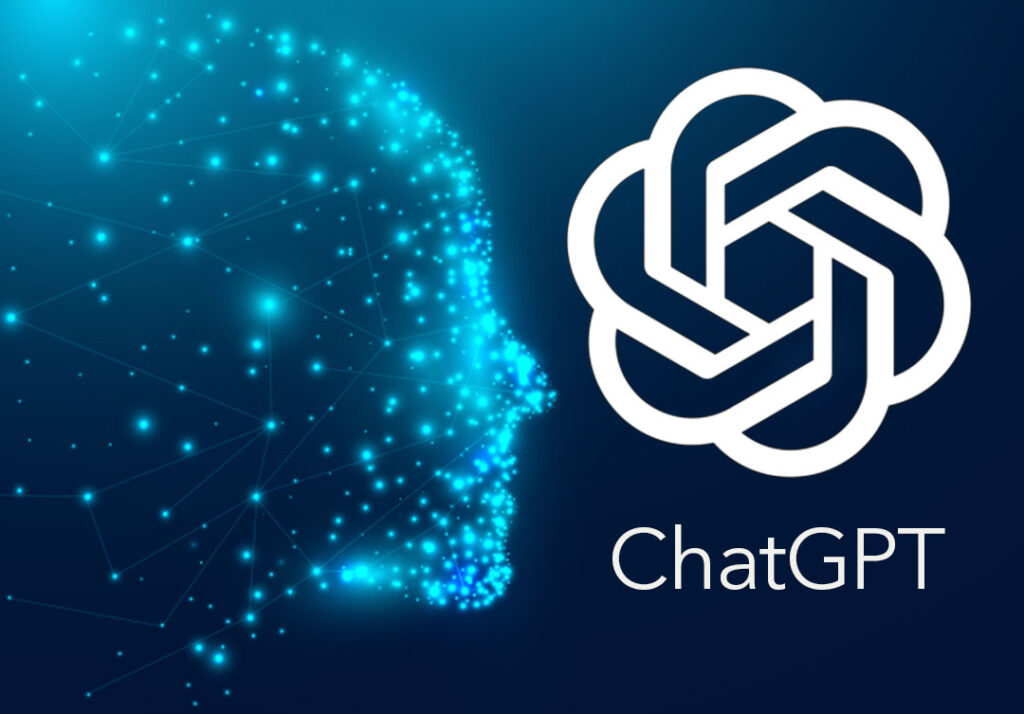
ChatGPT
ChatGPT, developed by the OpenAI company known for its work and research in ...
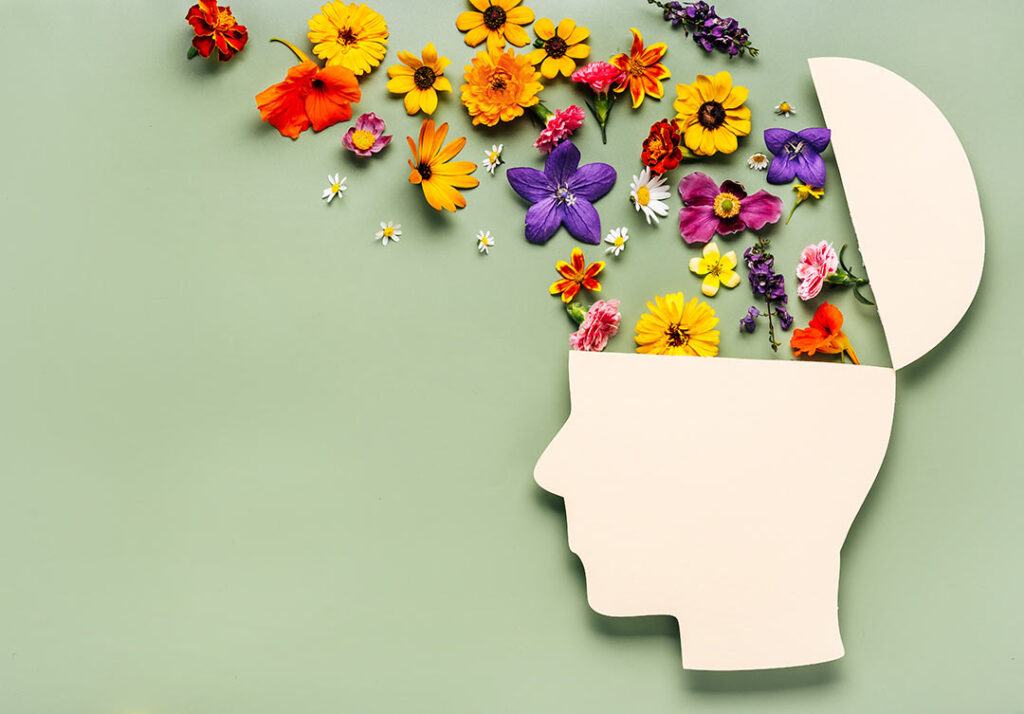
What is Emotional Intelligence and w ...
Emotional intelligence (also known as emotional quotient or EQ) is the abil ...

The Importance of Women's Employment ...
Women's participation in the workforce is closely related to the level of d ...

Digital Banking II – Digital Banking ...
A serious step taken for the spread of “digital banking” in Turkey, providi ...

The Perception of Morality within Ma ...
If everybody in the world jumped out of a window, would you? This question ...
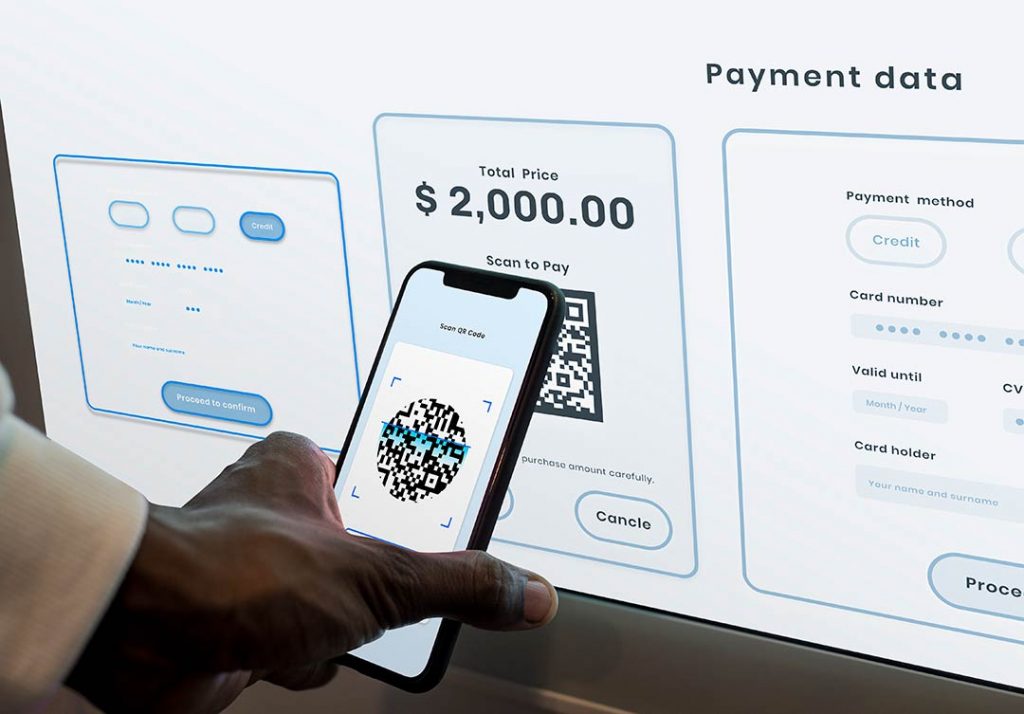
Digital Banking
Digital banking is a banking technology that offers customers the opportuni ...
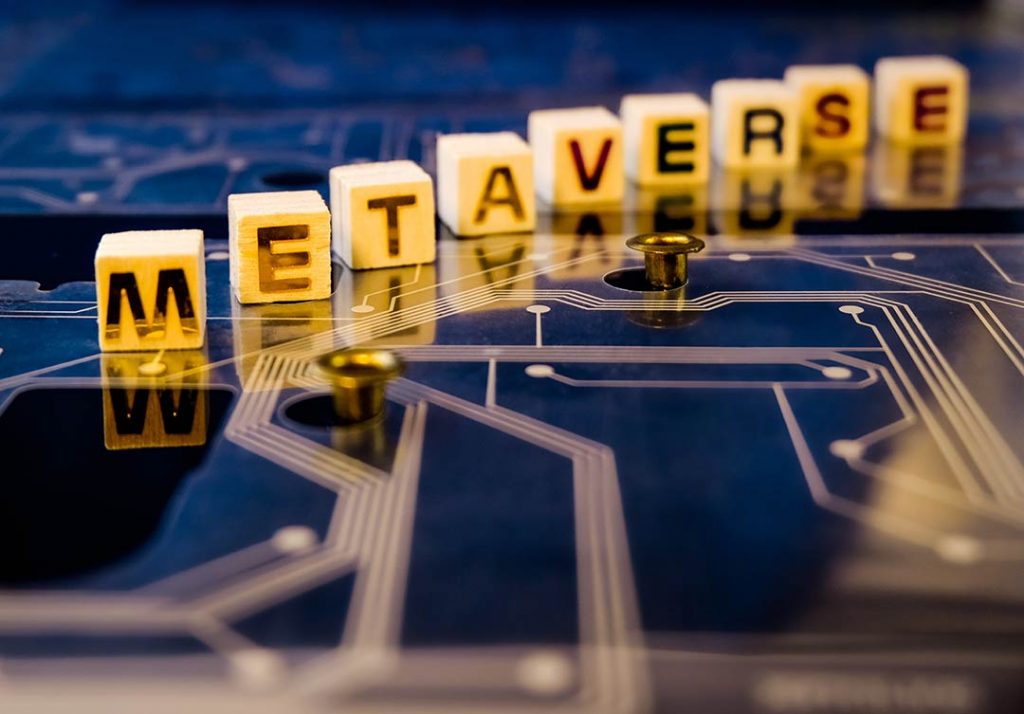
Banking, Artificial Intelligence and ...
We have heard the concepts of metaverse, artificial intelligence and machin ...

Banka Şube Müdürünün El Kitabı 2. Ba ...
Banka Şube Müdürünün El Kitabı 2. Baskı Çıktı – Çiğdem Güven

Green Asset Ratio
Sustainable finance has an important place among the investments made for t ...

Servant Leadership
There is an effective form of management that we often hear about today: se ...

Sustainability In The Global Banking ...
Before Covid-19 wreaked havoc on the world’s economies, the global banking ...

Banka Şube Müdürünün El Kitabı – Çiğ ...
Banka Şube Müdürünün El Kitabı – Çiğdem Güven
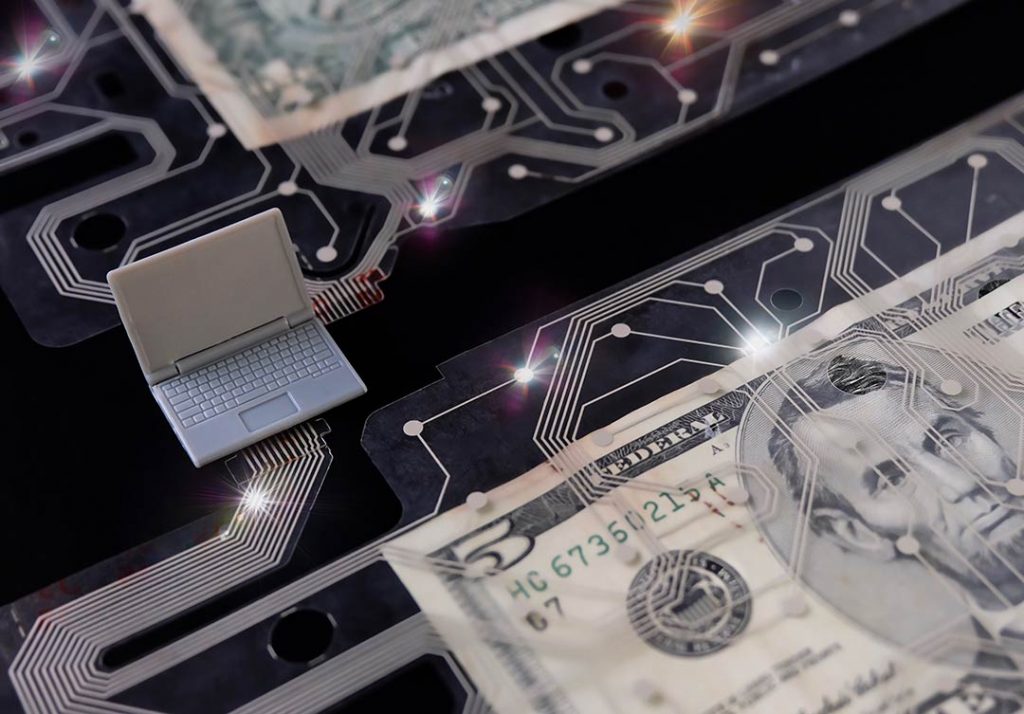
Revolution of Digital Banking
With the European Central Bank considering to investigate for a digital cur ...
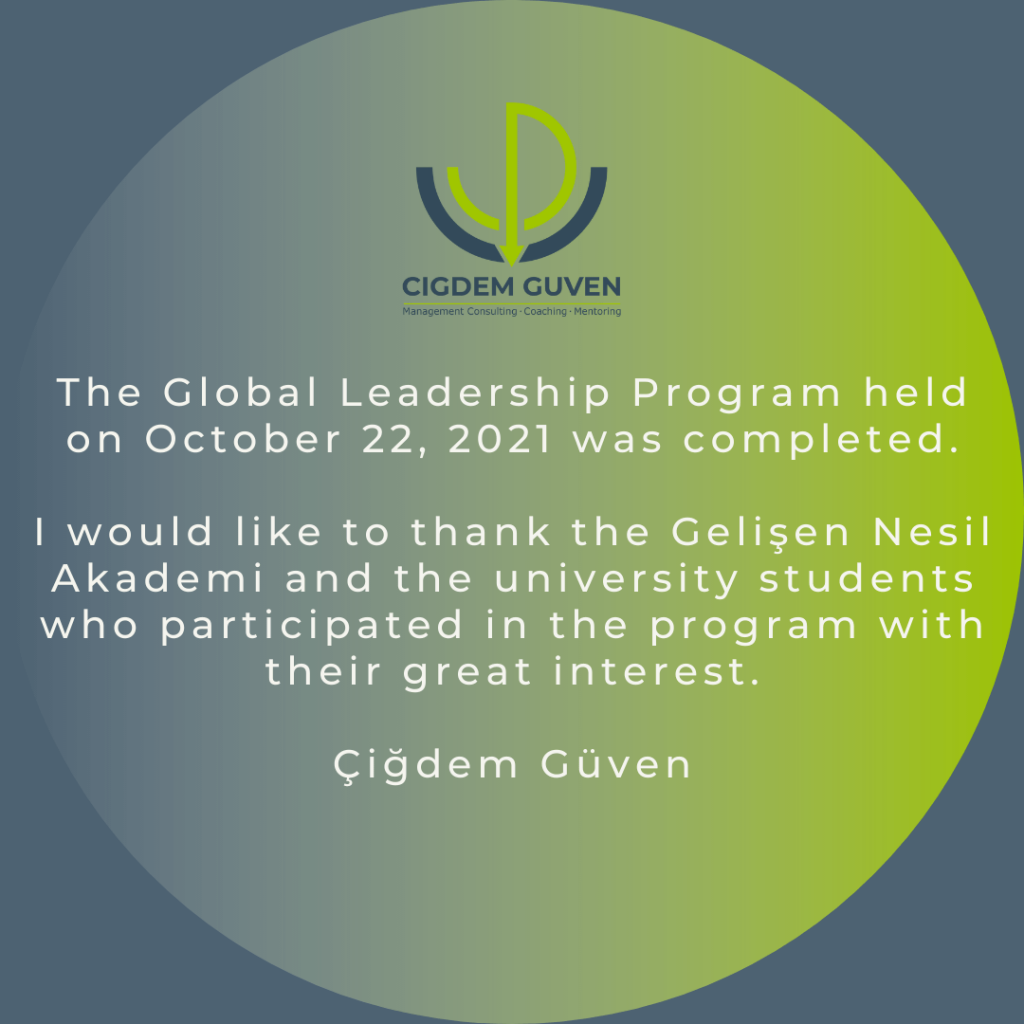
The Global Leadership Program
The Global Leadership Program held on October 22, 2021 was completed.

Taking Action and Making Decisions i ...
Uncertainty is the fact that an event is not within the framework of certai ...

Türkisch-Deutsche Industrie-und Hand ...
Türkisch-Deutsche Industrie-und Handelskammer

Hacettepe University Entrepreneurshi ...
Hacettepe University Entrepreneurship and Investment Society

Wind of Change
Change is an important concept that must be managed for employees at all le ...

Organizational Justice
“What is justice? Giving water to trees. What is injustice? To give water t ...

Open Banking
Digital transformation has started to show its effects in every aspect of o ...

Digital Literacy And Corporate Life
There are many innovations that managers and employees need to follow in or ...

Financial Literacy
The words money and economy are two important concepts that have a great pl ...

Sustainability and Bank
The solutions we have found to our various needs throughout history and ada ...

Adaptability, Flexibility and Leader ...
Being able to adapt to changing conditions is very, very important not only ...

Creativity and Leadership Relationsh ...
The world is getting more competitive every day. For this reason, the servi ...

Competitive Analysis and Banking Sec ...
Competition analysis requires you to examine your direct and indirect compe ...

Delegation in Management
The statements "two heads are better than one" or "teamwork makes the dream ...

Climate Change
All creatures evolve to best adapt to environmental impacts. Those who are ...

Change of Banking Service Channels i ...
Global crises such as the pandemic, force the existing structures to change ...

Innovation
It is undeniable that innovation has a very important place in today's worl ...
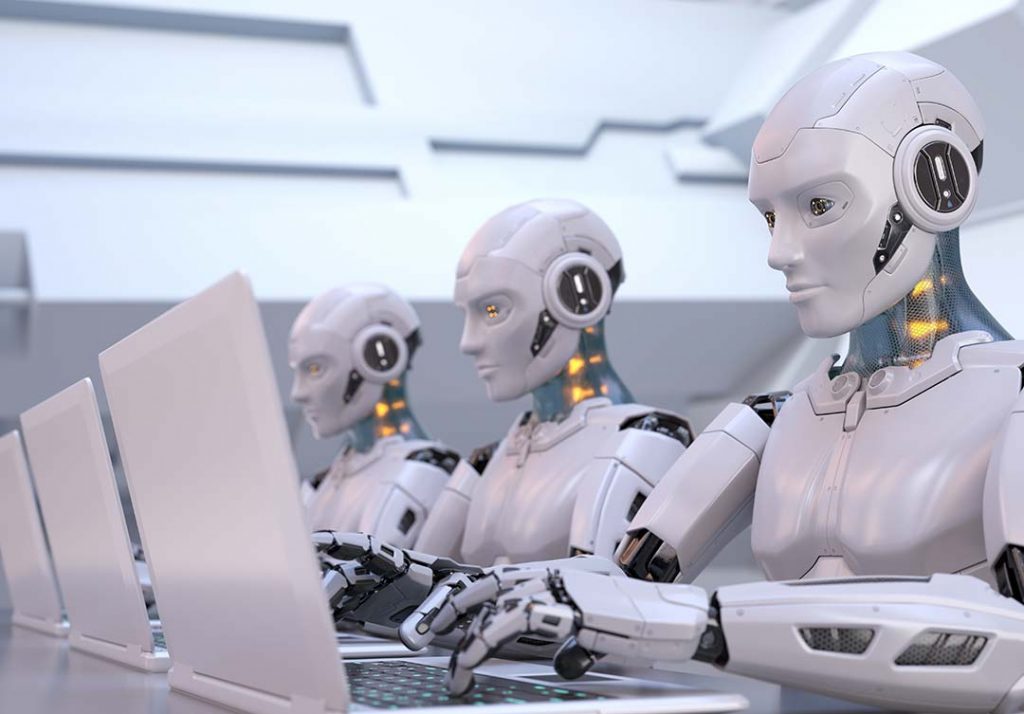
Artificial Intelligence
Artificial intelligence is no longer just something specific to science fic ...

Entrepreneurship
Entrepreneurship is the process of starting a new business that incorporate ...
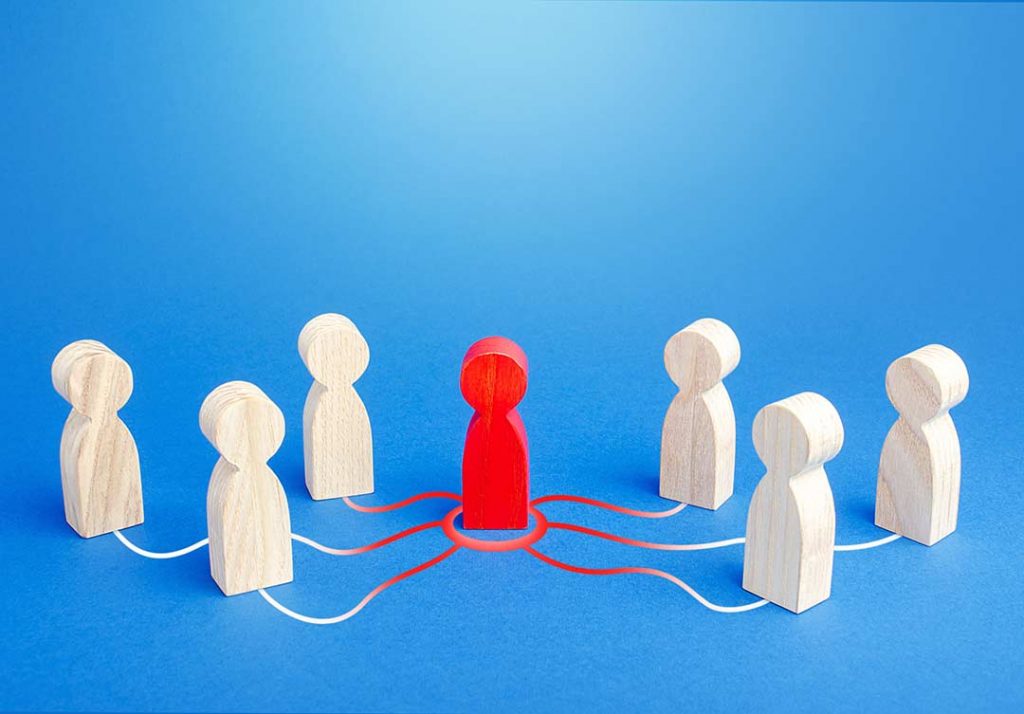
Global Leadership
The world is changing day by day and the information we have today is out o ...

Resilience and Leadership
We encounter many events in life that cause us difficulties and stress. How ...

Entrepreneurial Spirit for Leaders
Why is important for success? The conventional perception of entrepreneursh ...

The webinars for Team Motivation, Cr ...
The webinars for Team Motivation, Crisis Management, Digital Leadership and ...

Finance Leadership in a Pandemic
Crises bring along a period in which institutions need to review their fina ...

Crisis Management
Crisis is a state of tension that puts the existence and goals of an organi ...

Strategic Leadership and Pandemic
Strategic Leader is the person who sets the roadmap to achieve the ultimate ...

Awareness, Appreciation, Success
It is very important for a person to recognize himself, discover his power ...

Woman and Career
People who are raised by unemployed mothers have a mother model in their mi ...

Conflict Management
In the broadest sense, conflict is disagreement between two or more people ...

Leading with Kindness
Kindness is an important virtue. Kindness in all areas of life makes relati ...
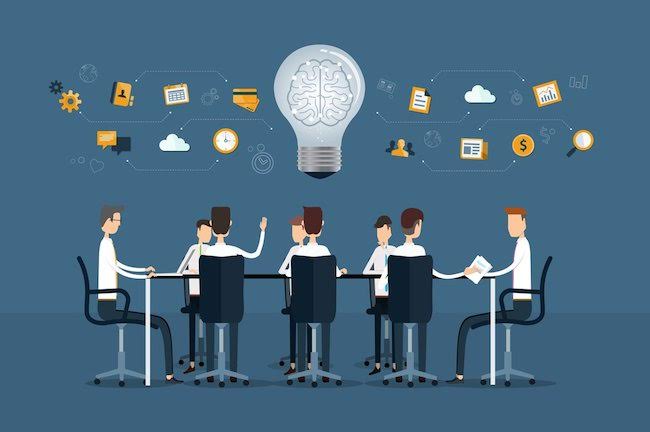
Smart Meetings
Meeting management is the process of managing all stages and components of ...

Negotiation Management
Negotiation is defined as a dialogue aimed at reaching a common and benefic ...

Virtual Leadership
The repercussions of the digitalization process in business life were sprea ...

Manager and Patience
Patience is an important concept in management. Patience is active, not pas ...

Being All Ears
Human beings differ from other creatures in their way of communicating. Com ...
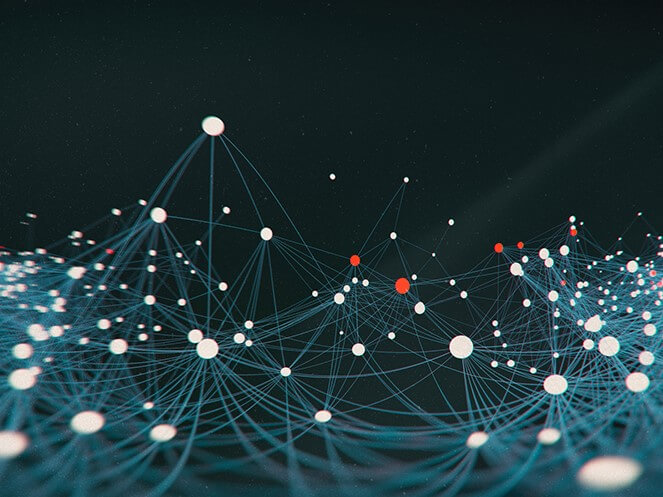
Networking
The fact that managers in the corporate world act with awareness of network ...

Asking Strong Questions
For managers, asking a strong question is an important skill. Managers, who ...

Managing Yourself
The manager at work is in communication with the other parts of the busines ...
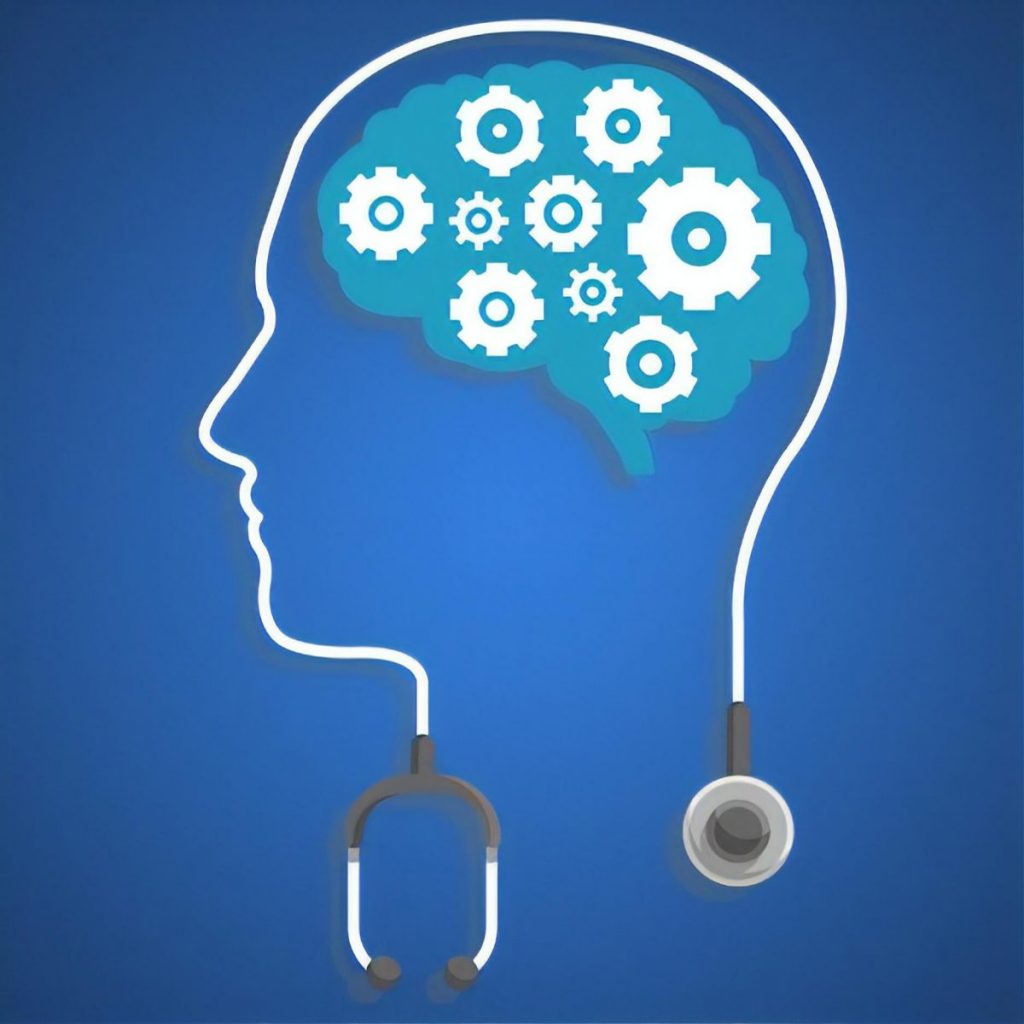
Mental Immunity
In the fight against Coronavirus (Covid-19) pandemic, knowledge and awarene ...
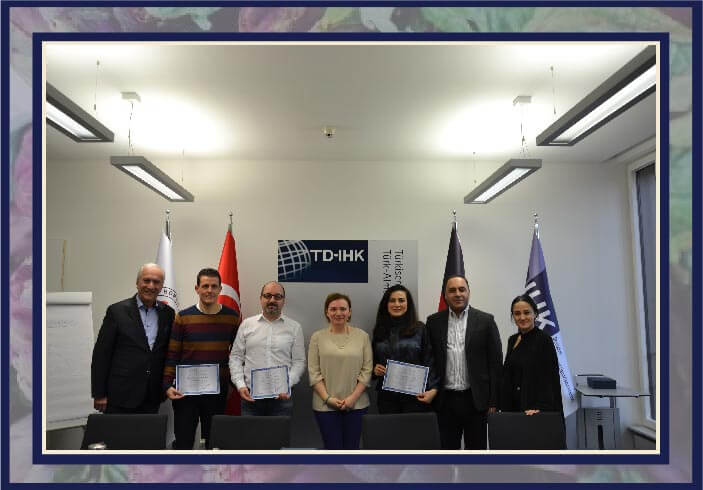
Coaching and Effective Communication ...
Coaching and Effective Communication Training TD-IHK

"On Coaching and Communication in Co ...
Coaching is a service that forms the basis of success stories by creating a ...

The Future of Digital Finance in the ...
The Cigdem Guven Seminars welcomed one of the most successful businesspeopl ...

Making Life Beautiful With Plastic S ...
Çiğdem Güven Seminars, which welcomes the specialist and inspirational spea ...

The Secrets of How Our Brains Works ...
The seminar started with the opening speech made by Cigdem Guven, and then ...
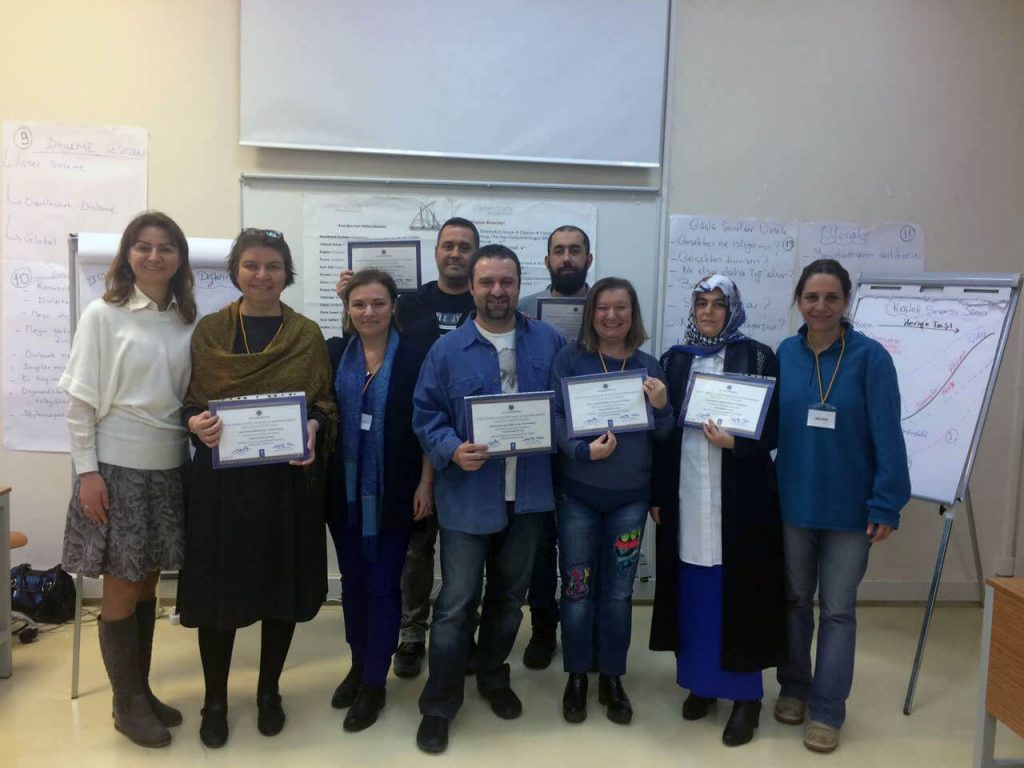
Yildiz Technical University Coaching ...
Those who want to make a professional entry to the personal development sec ...
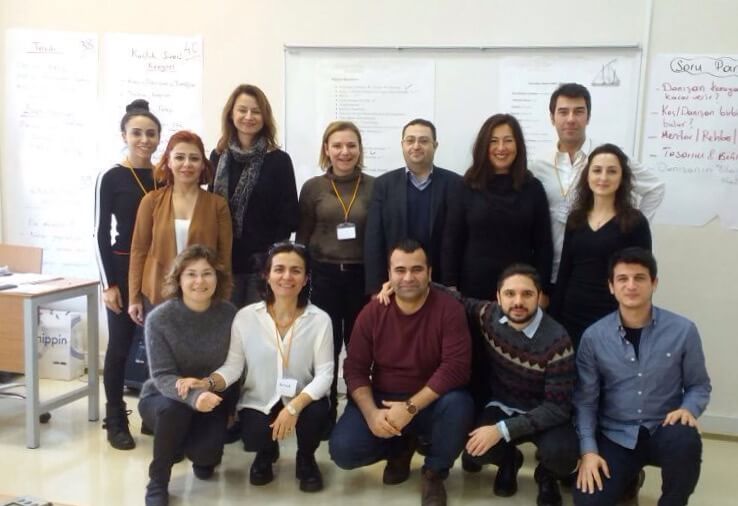
Yildiz Technical University Coaching ...
Yıldız Technical University’s Coaching Certification Program aims to fulfil ...

Making Life Beautiful With Plastic S ...
Bringing different point of views with its successful and authentic speaker ...
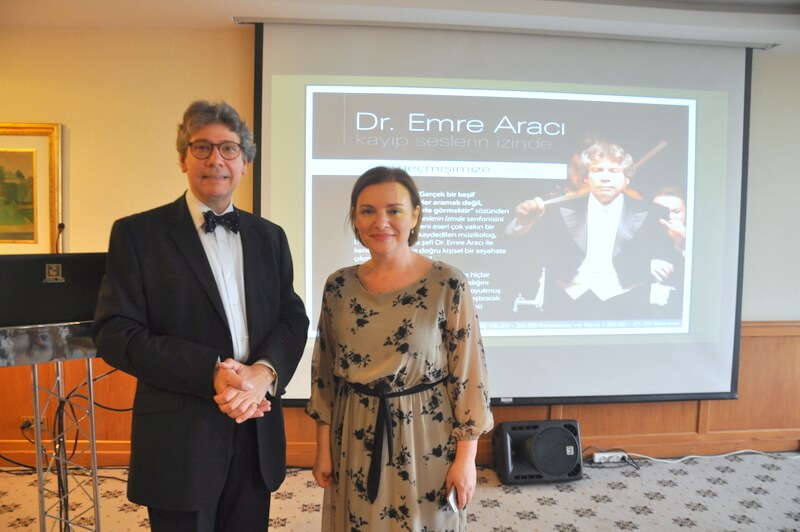
In Search of Lost Sounds – A Persona ...
Aiming to provide different perspectives about life with its inspiring gues ...
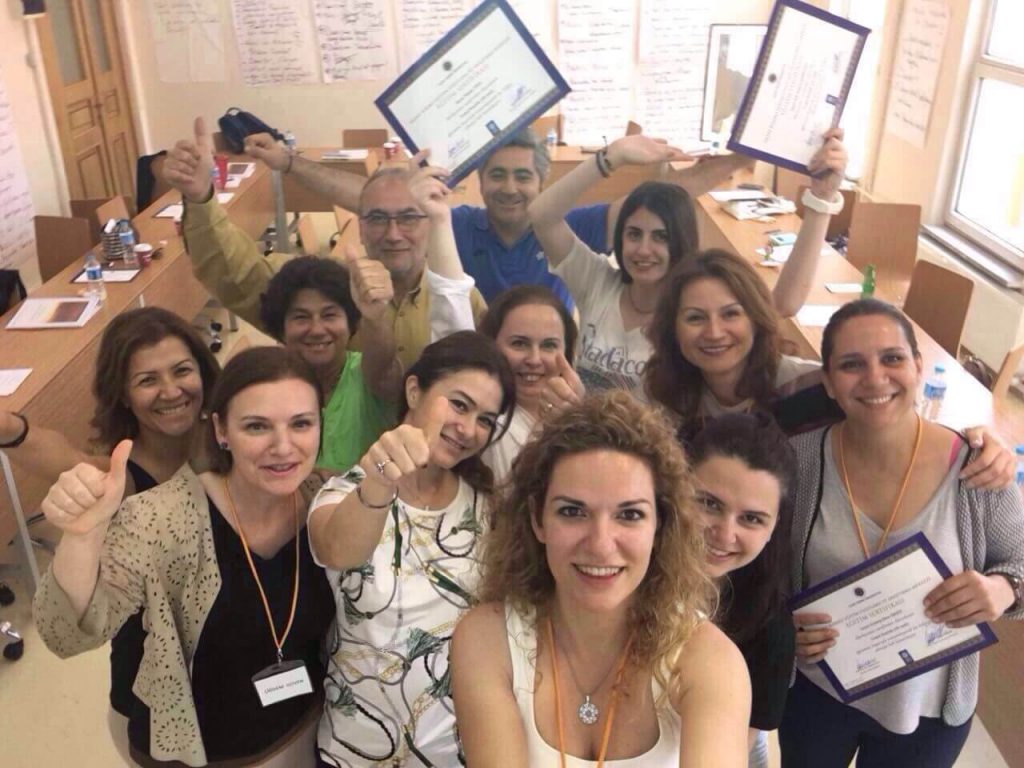
Yıldız Technical University Coaching ...
In addition to having provided leading senior executives with individualize ...

To Succeed is to Discover Yourself, ...
Çiğdem Güven, who has been bringing many well-known experts of different ar ...
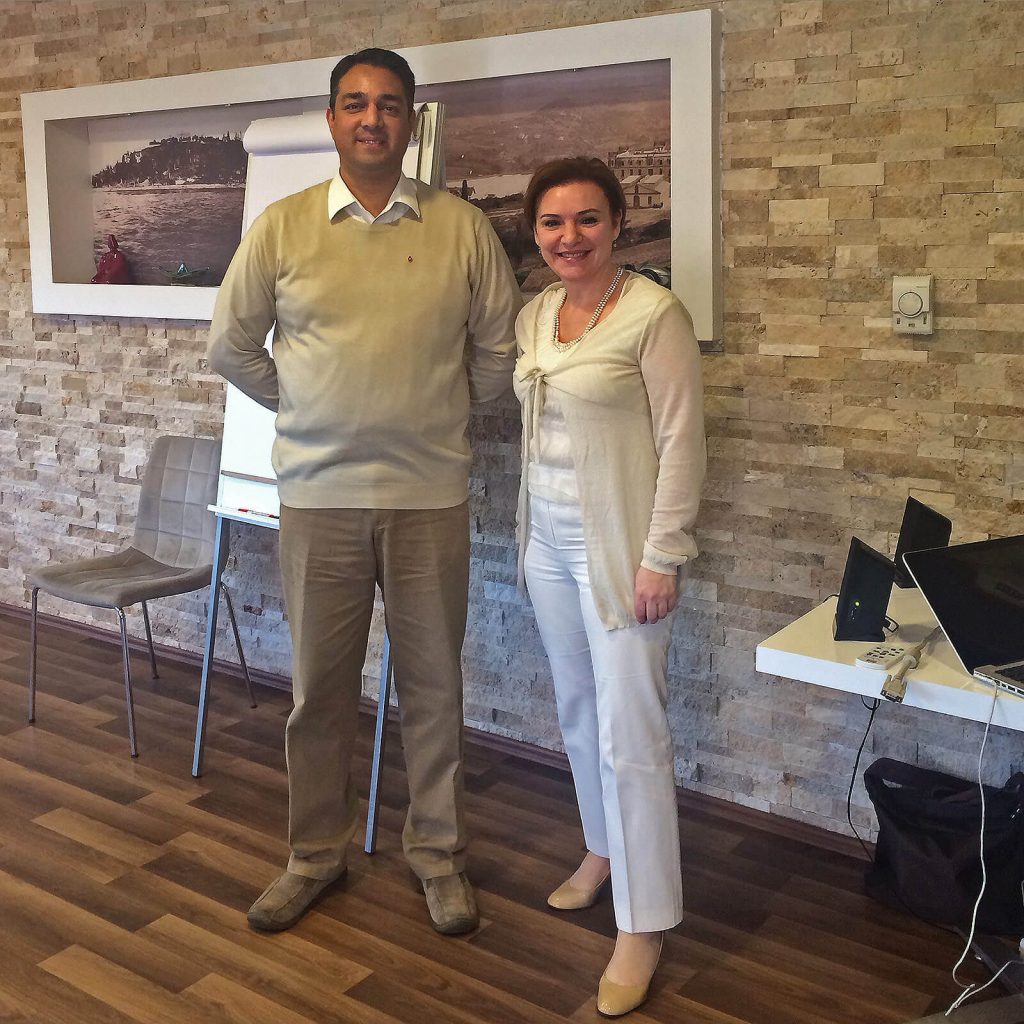
Peace of Mind With Spiritualist Yoge ...
Providing individualized coaching services to leading senior executives wit ...
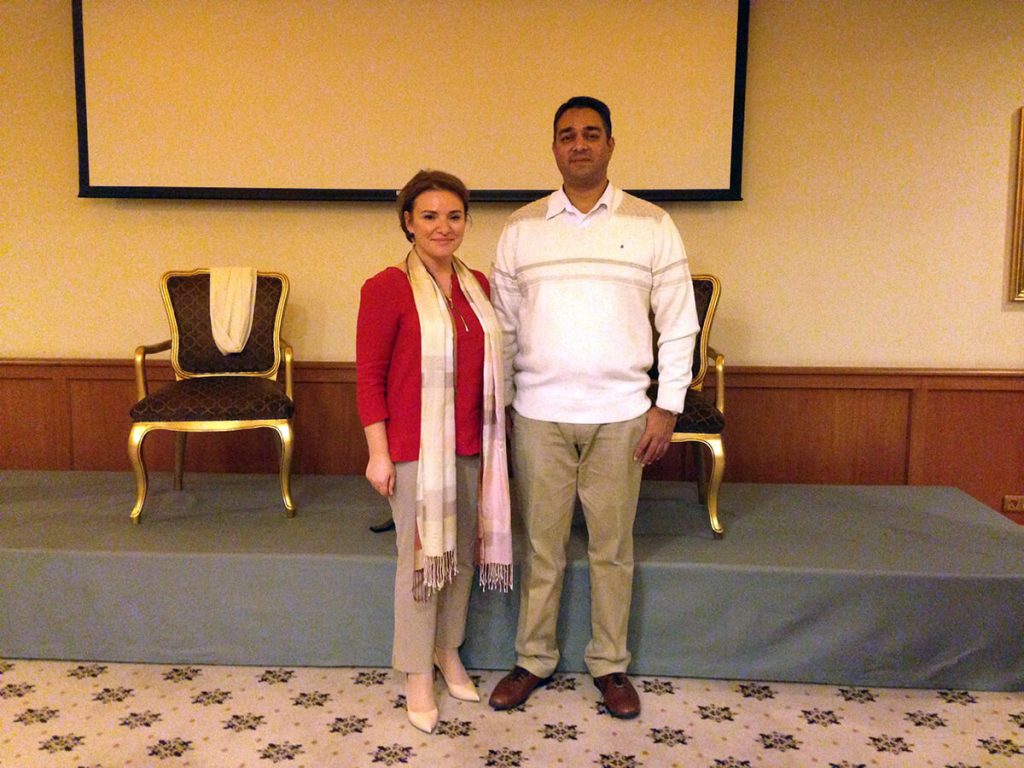
Dealing With Life’s Storms, With Yog ...
Çiğdem Güven, who has been bringing many well-known experts of different ar ...
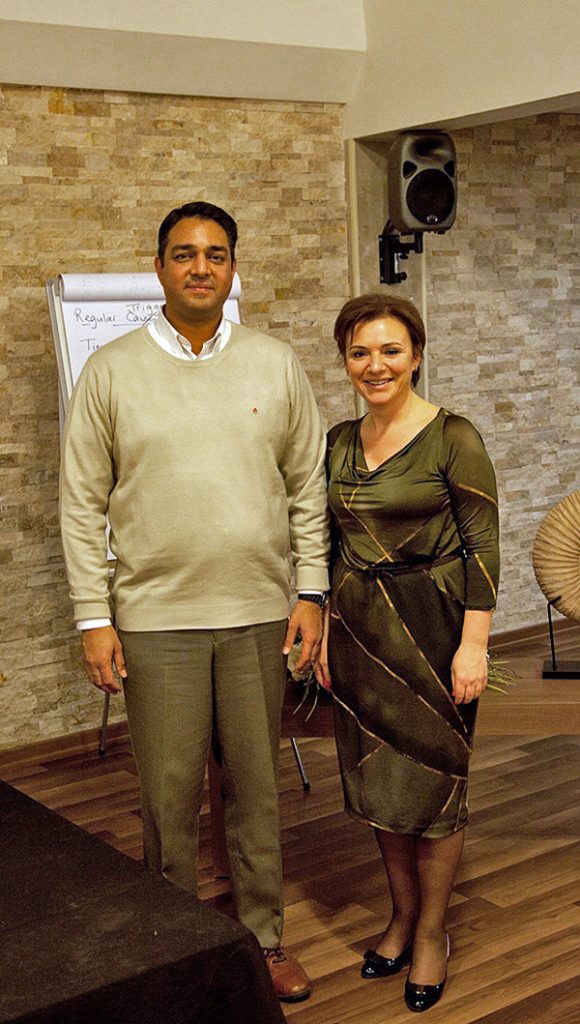
Spiritual Intelligence With Yogesh S ...
Aiming to provide different perspectives about life with its inspiring gues ...
